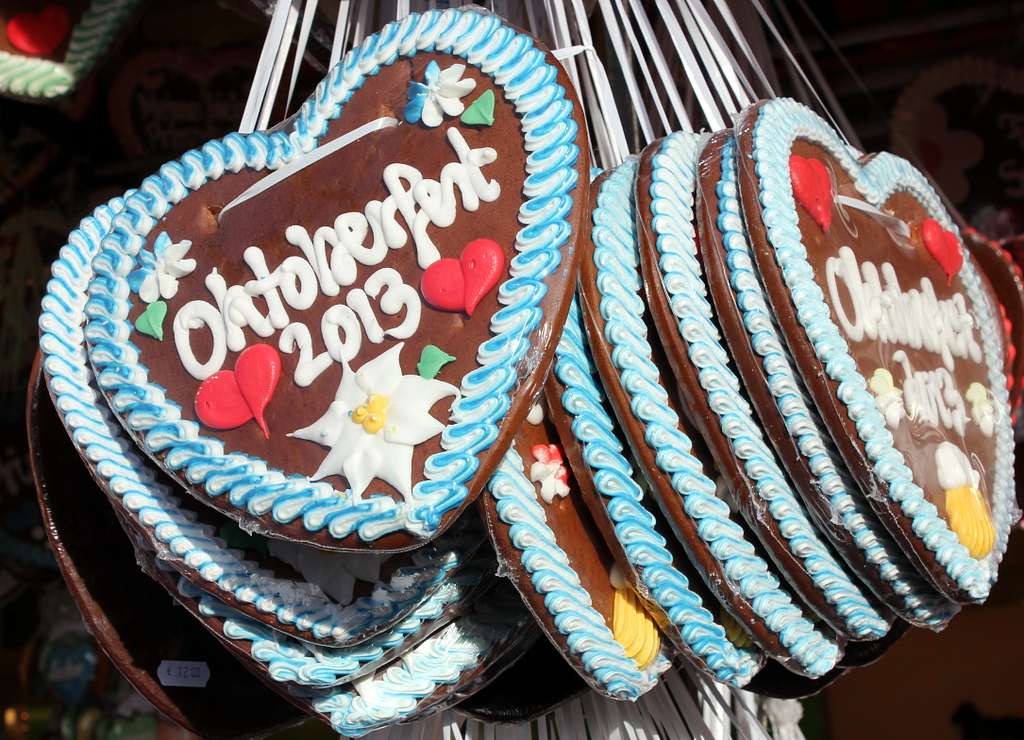If anyone has ever heard of Oktoberfest, then they would know that it is a bier deal. Get it? Like a “big deal” but beer? Dirndl dresses, lederhosen, bretzels, and beer might be the most memorable parts of this holiday but they are certainly not the only important parts.
Oktoberfest originated in Munich (München), Germany in 1810. The holiday season came about in celebration of the marriage of the crown prince of Bavaria. The festivities included a five day celebration with it coming to a close with a horse race in Thereseinwiese, a public space in one of the boroughs of Munich. In following years, the celebrations were combined with agricultural fairs. Thus the sale of food and drinks became commonplace. Later, the booths at the fairs became large beer halls where the mayor taps the first beer keg to start the festivities.
In 2025, the celebrations begin on Sept. 20 and end on Oct. 5, otherwise described as mid-September until the first Sunday of October. Traditionally speaking, celebrations would include parades with floats depicting the beer wagons and traditional Bavarian attire, games, rides, dancing and music.
The music is especially important to the holiday season. During this time, it is traditional to have lots of traditional folk music and “oompah” bands. Oompah refers to a genre of music that is onomatopoeic in nature with lots of brass and bass. Other genres include polkas, waltzes, sing-along anthems, and lots of folk songs.
Additionally, there is a specific miniature song that everyone in the German speaking community would recognize, namely “Ein Prosit der Gemütlichkeit” or simply “Ein Prosit.” This song directly translates to “A Toast to Comfort” or “A Toast.” The implication of this song is that when it comes on at random throughout the festivities, everyone is expected to stop what they are doing and sing along and have a drink.
— dj dragonfly

